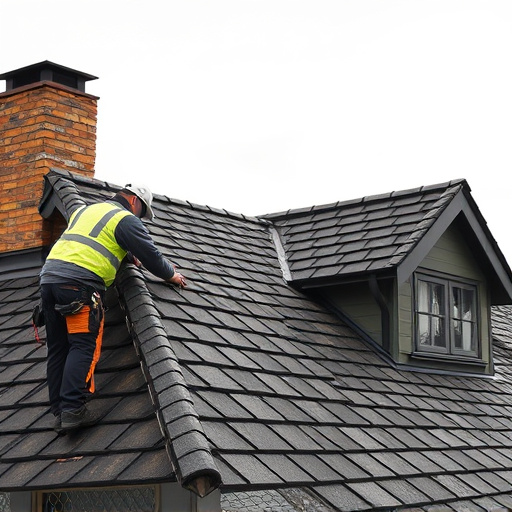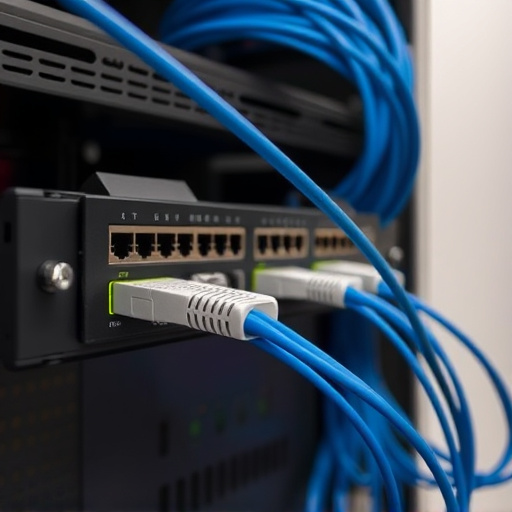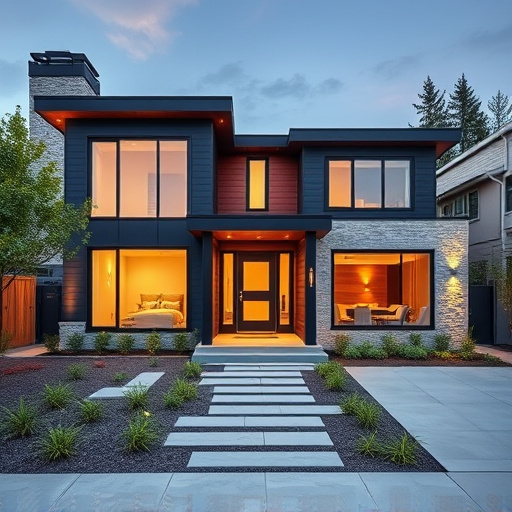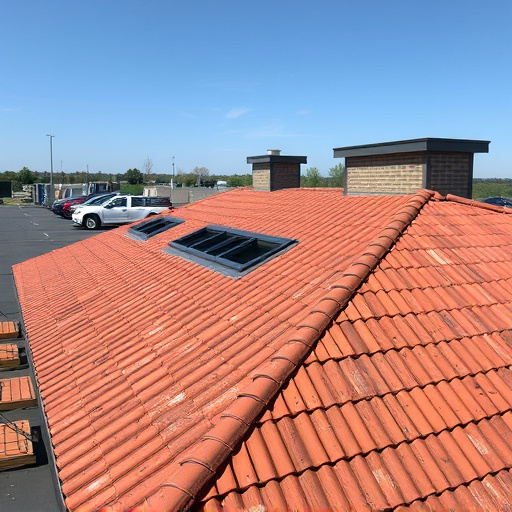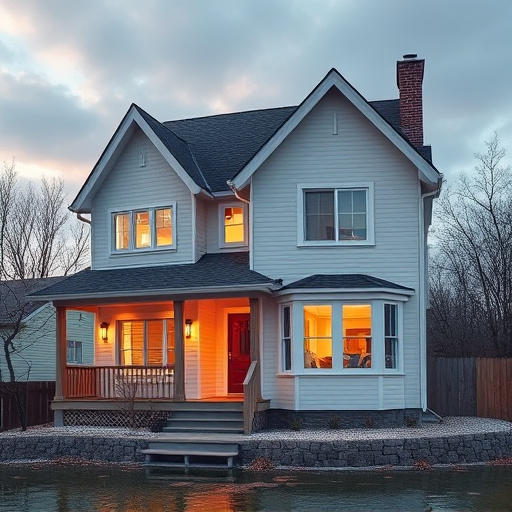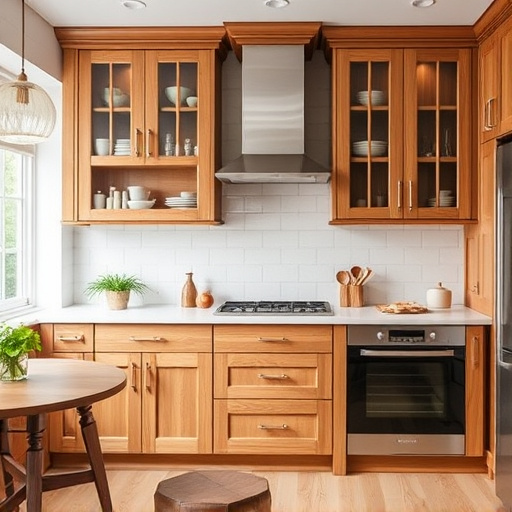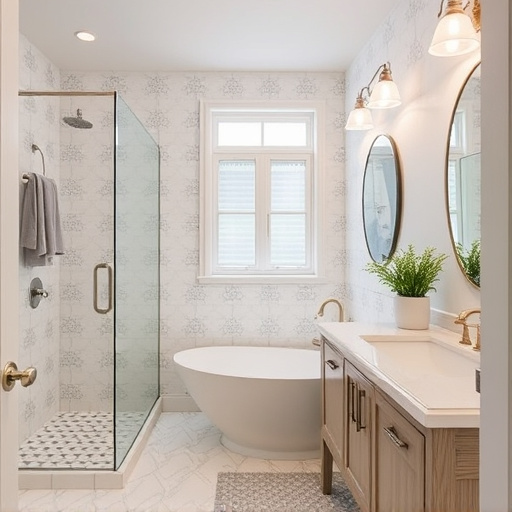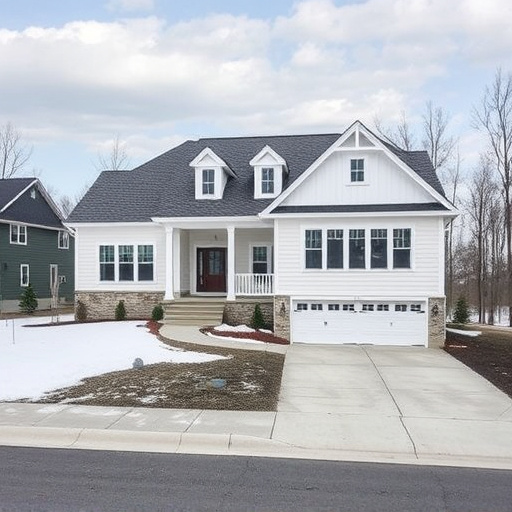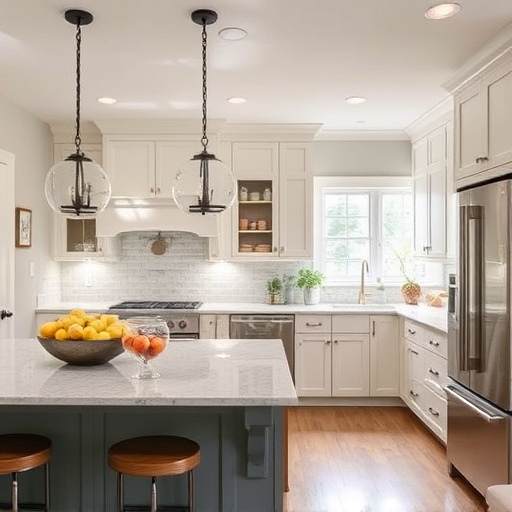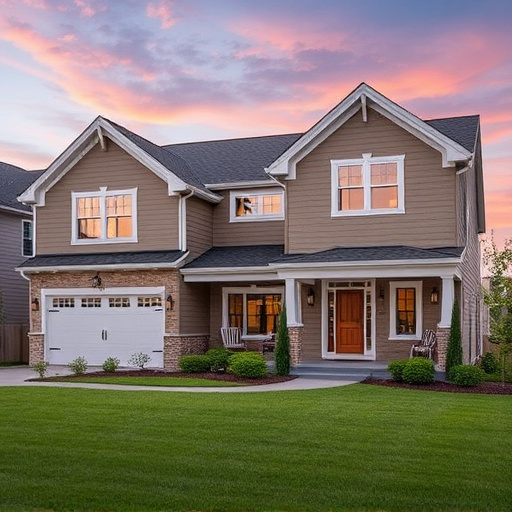Smart building technology is revolutionizing commercial spaces, creating dynamic and efficient workplaces through automated systems like lighting, climate control, security, and kitchen/bath automation. These features boost productivity, enhance employee morale, conserve energy, reduce costs, and achieve green building certifications, making a commercial upgrade a strategic investment for businesses aiming to thrive in today's competitive market.
Smart buildings are transforming the commercial landscape, offering enhanced productivity, security, and sustainability. In this article, we explore top smart building features designed to elevate your business. Discover how technology improves workplace efficiency through space optimization and energy management, while advanced security measures protect valuable assets. We’ll also delve into sustainable practices, highlighting green certifications, water-efficient fixtures, and renewable energy solutions for a seamless commercial upgrade.
- Enhancing Productivity and Efficiency with Smart Building Technology
- – The impact of smart buildings on workplace productivity
- – Energy-efficient systems and their economic benefits for businesses
Enhancing Productivity and Efficiency with Smart Building Technology
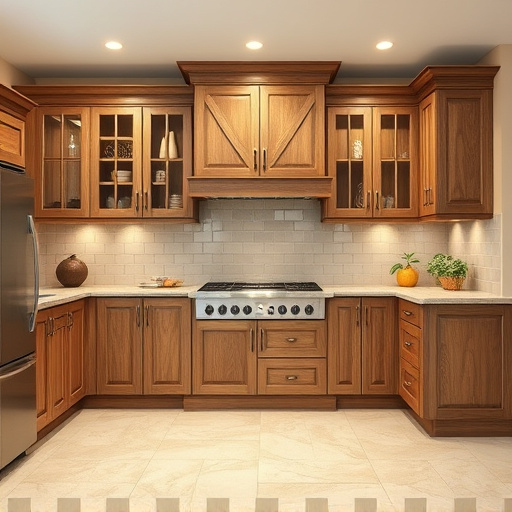
Smart building technology is revolutionizing the way commercial spaces operate, leading to enhanced productivity and efficiency for businesses. By integrating intelligent systems, such as automated lighting and climate control, commercial upgrade becomes a seamless process that optimizes daily operations. These features not only save energy but also create a more comfortable work environment, enabling employees to focus on their tasks without distractions.
Moreover, smart buildings offer customized work solutions through advanced security systems and customizable space configurations. This level of personalization ensures that every employee can work in a setup tailored to their needs, boosting morale and productivity. Incorporating technology like kitchen and bath automation, along with efficient layout designs during a kitchen remodel, further contributes to a productive atmosphere, making the commercial upgrade a strategic investment for any business aiming to stay ahead in today’s competitive market.
– The impact of smart buildings on workplace productivity
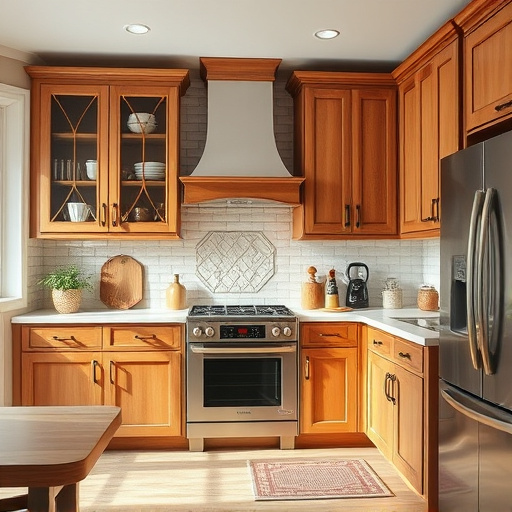
In today’s digital era, smart buildings are revolutionizing the way we work and enhancing workplace productivity. With advanced automation and connectivity, commercial spaces can adapt to the needs of occupants, creating a dynamic environment that fosters efficiency. For instance, ambient lighting systems adjust based on natural light availability and occupancy, promoting better focus and reducing eye strain. Smart thermostats optimize temperature control, ensuring a comfortable working atmosphere without unnecessary energy consumption. Additionally, integrated security systems enhance safety and peace of mind, allowing for seamless access control and surveillance.
These technological advancements extend beyond simple convenience; they create a productive and inspiring environment. Features like automated window shades that adjust to sunlight levels can reduce distractions and improve concentration. Moreover, the integration of smart sensors enables efficient space management by tracking occupancy patterns, facilitating better utilization of common areas and resources. This not only enhances overall productivity but also has positive implications for cost savings in terms of energy usage and maintenance, making a commercial upgrade an attractive proposition.
– Energy-efficient systems and their economic benefits for businesses
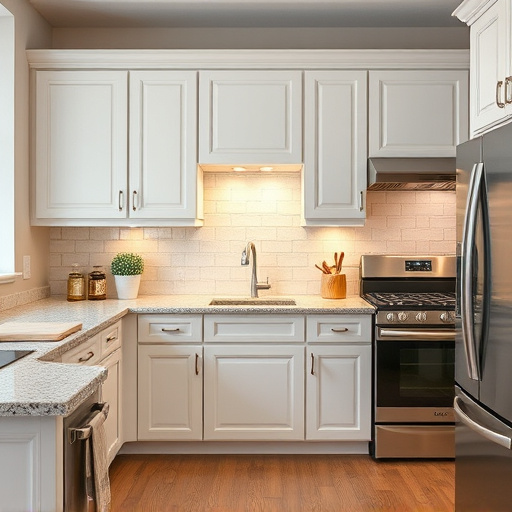
In today’s competitive business landscape, a commercial upgrade through smart building features offers more than just aesthetic improvements; it drives economic benefits that can significantly enhance a company’s bottom line. Energy-efficient systems, for instance, are no longer a luxury but a necessity. By integrating advanced technology like LED lighting, smart thermostats, and energy-efficient appliances, businesses can reduce their carbon footprint while slashing utility bills. These systems optimize energy usage across multiple room remodel areas, ensuring that resources are only used when needed, which translates to substantial cost savings over time.
Moreover, the economic advantages extend beyond immediate expenses. Green building certifications, often achieved through smart upgrades like implementing renewable energy sources or enhancing insulation, can boost a company’s reputation among environmentally conscious customers and investors. This increased brand value, coupled with reduced operational costs, makes a commercial upgrade a strategic investment for any business looking to thrive in a competitive market, leveraging the latest home improvement services and renovation services available in the industry.
Integrating smart building features offers a compelling path for commercial upgrades, enhancing productivity, cutting energy costs, and fostering a more sustainable future. By embracing these advanced technologies, businesses can transform their workspaces into efficient, cost-effective, and forward-thinking environments that attract employees and impress clients alike. A commercial upgrade to smart building technology is not just an investment; it’s a strategic move towards a brighter, smarter tomorrow.
